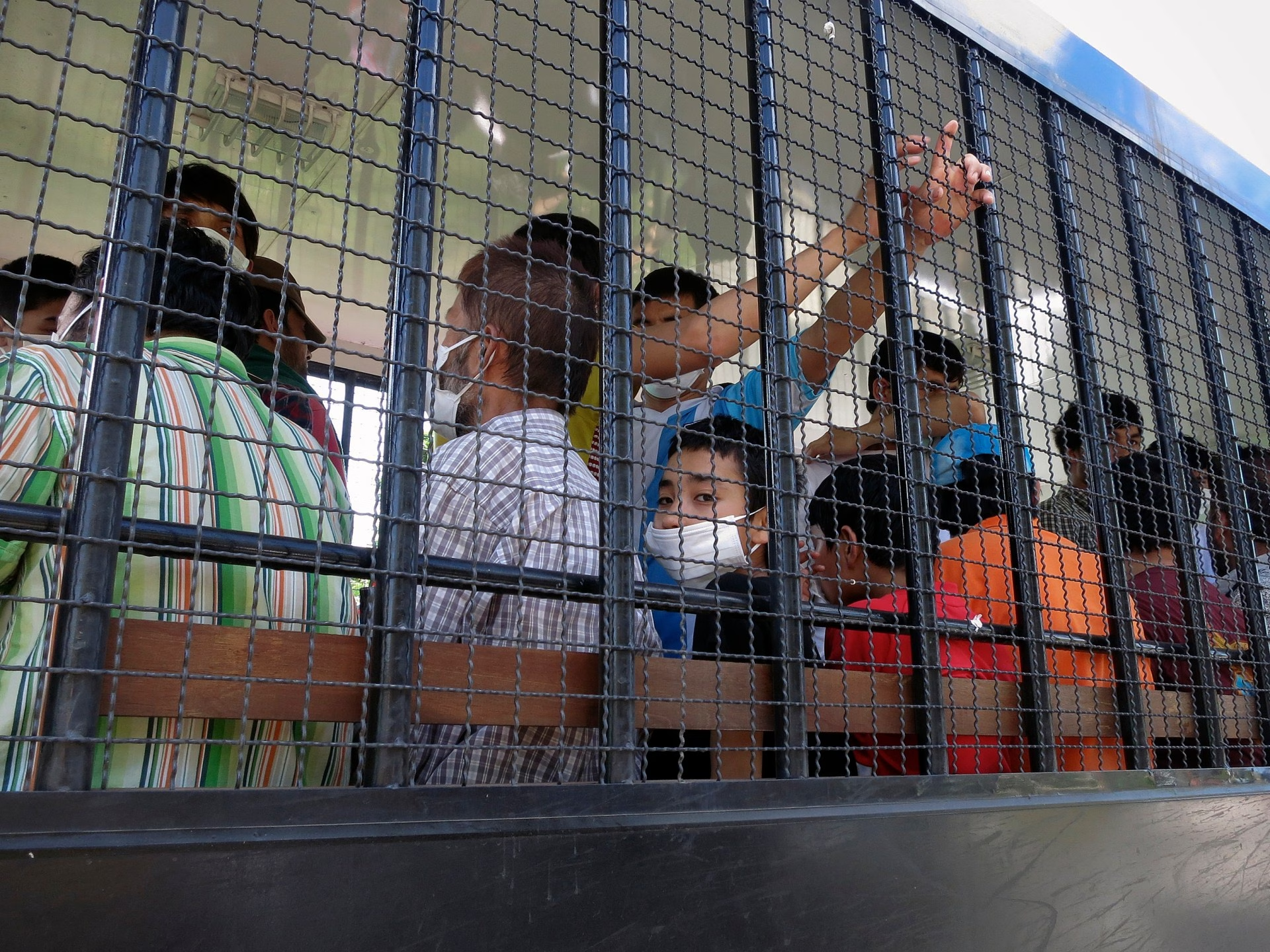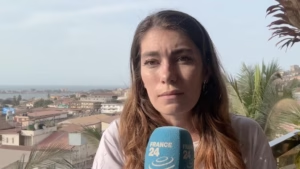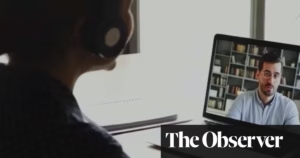Thailand defends deportation decision amidst US threats of visa restrictions on officials involved.
Rubio stated on Friday that visa restrictions will be immediately imposed on current and former officials responsible for or complicit in the deportations, though no Thai officials have been named.
Rights groups have long accused China of systematic abuses, including the mass detention of Uighurs, a mainly Muslim ethnic minority in Xinjiang. Beijing denies these allegations.
“We are committed to combating China’s efforts to pressure governments into forcibly returning Uighurs and other groups to China, where they face torture and enforced disappearances,” Rubio said.
In response, Thailand’s Ministry of Foreign Affairs stated it had repeatedly assured countries concerned about the Uighurs’ safety that China had guaranteed their wellbeing and that Thailand would monitor their situation.
“Thailand has always upheld a long tradition of humanitarianism, particularly in providing assistance to displaced persons from various countries for over half a century and will continue to do so,” the ministry declared.
Thailand’s defence and justice ministers announced plans to visit the men in China next week, with invites extended to several Thai journalists.
Over 300 Uighurs fleeing China were detained in 2014 by Thai authorities. By February, 48 Uighurs remained in Thai detention, with authorities preparing to return them to China despite international objections.
Rubio strongly denounced the decision to deport the Uighurs, highlighting their persecution, forced labor, and torture in China.
The Chinese embassy in Bangkok stated that 40 “Chinese nationals who had been smuggled” were repatriated to Xinjiang on a chartered flight, and they had “all returned home and reunited with their families after more than 10 years”.
Rubio, a consistent critic of Beijing, faced sanctions from the Chinese government in 2020 for his advocacy for Uighur and Hong Kong rights.







